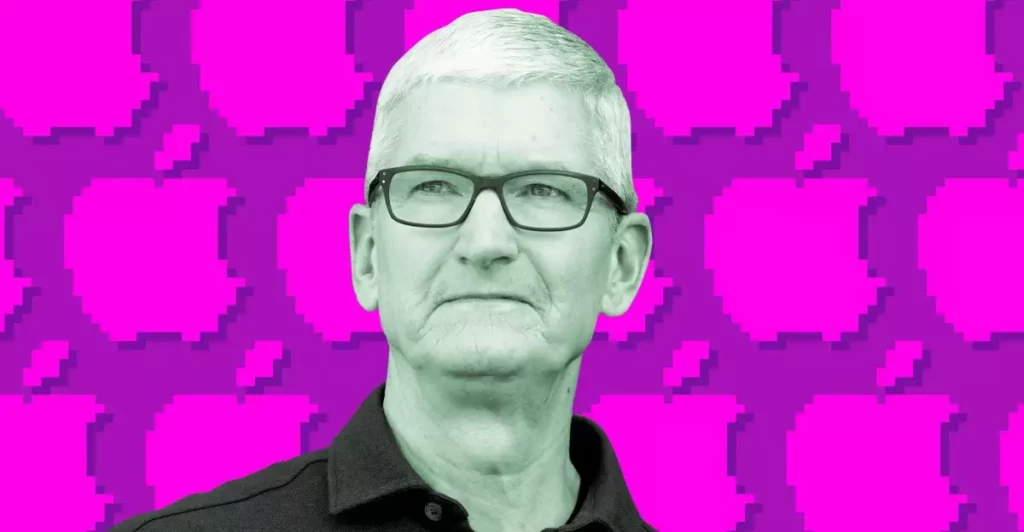Despite CEO Tim Cook’s lofty declarations about AI revolutionizing the tech landscape, Apple’s actual progress paints a different picture. The rhetoric of AI being “as big or bigger” than the internet or smartphones sounds inspiring, but historically, Apple’s track record with innovation has been marked more by cautious adaptation than fearless leadership. The truth is, Apple’s hesitancy and slow rollout in AI features, exemplified by the Siri delays, highlight a reluctance to fully commit or risk introducing imperfect solutions. Overconfidence in a company that has consistently prioritized sealed ecosystems over disruptive innovation fuels a false sense of security. Such hubris risks blinding the leadership to genuine challenges on the horizon.
Strategic Retreat Instead of Bold Leadership
Apple’s tendency to trail behind in critical technology categories signals a strategic retreat rather than pioneering leadership. Tim Cook’s acknowledgment that Apple has “rarely been first” in defining new categories might suggest a conservative approach, but in the rapidly evolving AI race, this sluggish pace could lead to irrelevance. If Apple continues to wait for the perfect blueprint—like abandoning the hybrid Siri architecture for a complete overhaul—they may miss the critical window to lead. Settling into comfort zones, rather than risking the embarrassment of failures, ultimately stifles the company’s ability to truly innovate in AI.
Talent Drain and Competitive Disadvantage
Leaving aside internal missteps, the loss of AI talent to competitors like Meta exposes a critical vulnerability. Meta’s aggressive talent acquisition and “superintelligence” recruitment signify that the AI battlefield is already highly competitive. Apple’s slow response and internal miscalculations make it easier for rivals to overshadow its efforts. This talent drain doesn’t just weaken Apple’s current capabilities; it signals a broader decline in confidence among top engineers, potentially creating a spiral where innovation and investment diminish further—an outcome dangerous for a company that prides itself on premium-value products.
Reckless Promises Without Concrete Action
While Cook’s optimism might be strategic messaging designed to boost morale, it borders on irresponsibility when the company’s deliverables lag behind those of competitors. Rhetorical flourishes about “investing to do it” hardly mask the fact that Apple seems more concerned with maintaining an aura of innovation than actually delivering. Apple’s delayed AI upgrades and uncertainty around Siri’s architecture imply a superficial engagement with what should be a technological revolution. Such superficiality risks alienating consumers, especially as rivals like Google and OpenAI make significant strides.
The Illusion of Future Dominance
In reality, Apple’s current stance on AI is akin to a company caught in its own halo of past successes—resting on laurels while quietly falling behind. The emphasis on “investment” and “making it ours” sounds inspiring, but without tangible progress, it’s just empty rhetoric. The risk is that Apple’s perceived global influence will diminish if it fails to translate high ambitions into measurable breakthroughs. The AI race isn’t just about technological prowess; it’s about bold leadership willing to pounce early, take risks, and accept inevitable failures. Apple’s cautious approach, cloaked in talk of future dominance, may end up being its undoing if it doesn’t accelerate its efforts.
Analysis rooted in skepticism about corporate hubris and strategic complacency









Leave a Reply